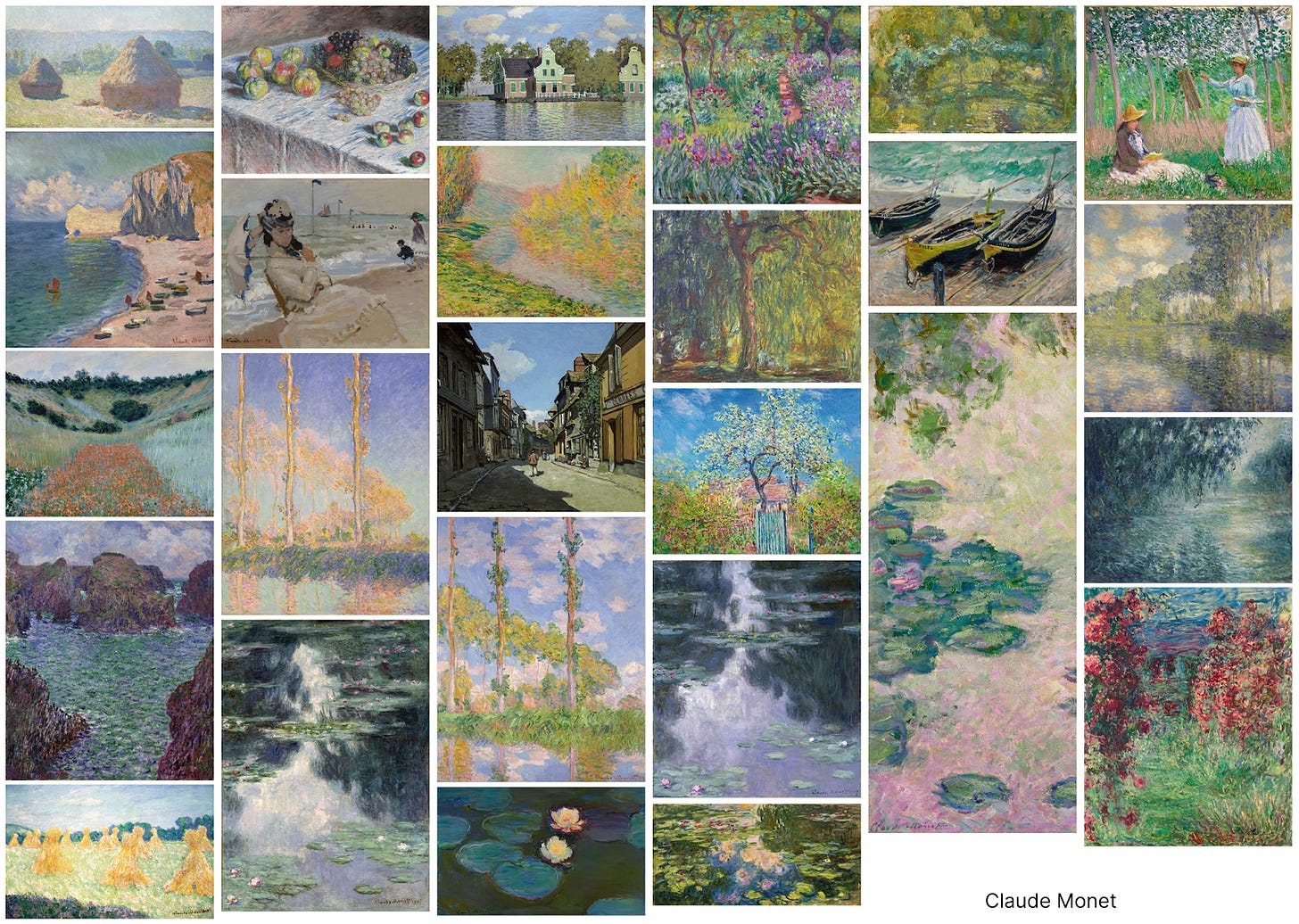Waterlily.ai Launches to Make AI Art More Accessible and Equitable
Waterlily.ai, a new generative AI website, launched today to make AI art more accessible and equitable for everyone. Combining the distributed compute of Bacalhau and the smart contract execution of FVM, the platform both allows users to create and share AI-generated a art, and pays royalties to artists on use of their work. Every prompt generated in the style of an artist results in revenue to the original artist, or, in the case of public domain art, is donated to an artistic foundation. Users all around the world can access the website at waterlily.ai.
The current state of generative AI is rapidly evolving. AI models are becoming more and more sophisticated, and they are able to create increasingly realistic and creative content. This is a great opportunity for artists, as it allows them to explore new creative possibilities. However, it also raises some important ethical concerns.
One of the biggest concerns is that the data used to train AI models is often sourced from entire portfolios of work, without giving credit or reference to the original artist. This means that creators of the data are not compensated for their work, even if their work was integral to the final result. This undermines the value of creative work and it can discourage people from creating or freely sharing new content.
Waterlily.ai is committed to addressing these concerns. We use a unique mechanism that ensures that artists are compensated for their work, even if their data is used to train AI models. By first working with the artist, we collect samples of their work for fine tuning private models. These are never opened to the public, and original artwork is only used to fine tune one unique model and then removed from the server.
The models are then presented to end users as an option to train with. Users enter a prompt, select an artist, and pay a small amount to create the work. Four new AI generated images in the style of the original artist are then returned to the user. After subtracting the computational cost to run the model, the artist or charity receives the full amount of the remaining funds.
We believe that collaborations like this are the only way to ensure that AI is used in a fair and equitable way.
Here are some of the features that make Waterlily.ai unique:
Ethical AI art: Waterlily.ai only trains its models on permissioned works from the original artist or the public domain. This ensures that artists are compensated for their work, even if their data is used to train AI models.
Easy to use: Waterlily.ai is designed to be easy to use for everyone, regardless of their technical expertise.
Creative and expressive: Waterlily.ai offers a variety of tools and features that allow users to create and share AI art in their own unique style.
We hope you'll join us in our mission to make AI art more accessible and equitable for everyone. The code for the entire project is available in Bacalhau github repo.



